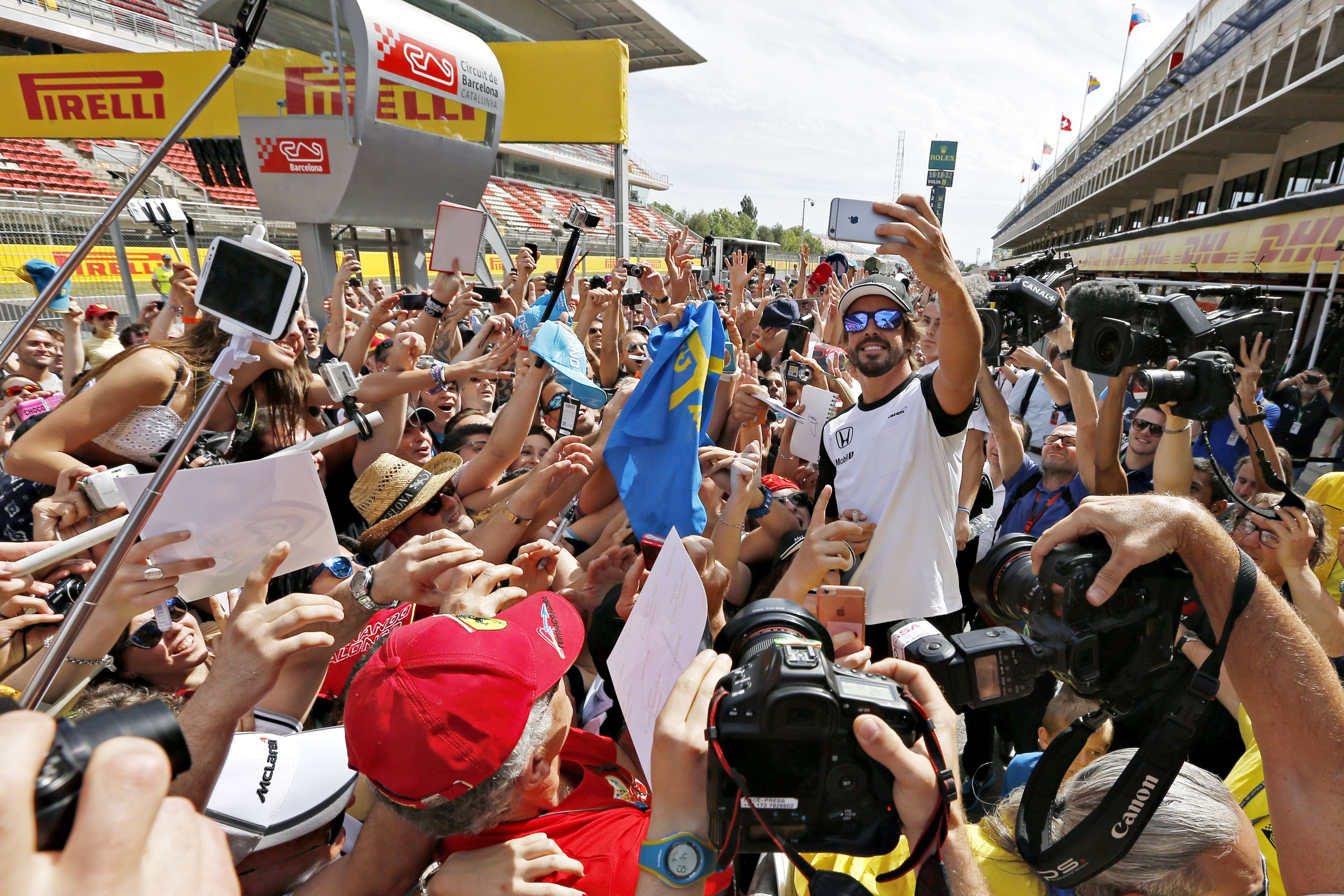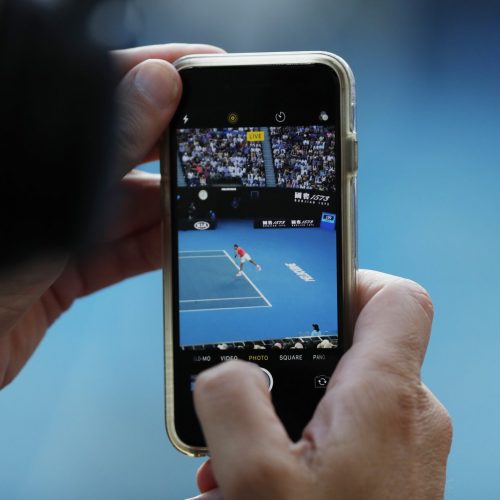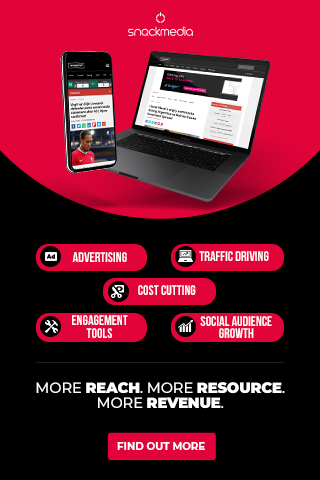Eat, Sleep, Train and Tweet. Why do I need to do this again?
Telling people they should use social media is very 5 years ago. Most people know they should be doing it, but ‘why’ is still one of the most frequently asked questions from clients, particularly individuals in sport; Why do I need to be active with social media? What does it do for me?
Simply, no one needs to tweet or do anything else via social channels they don’t want to do – same as anything in life. If someone wants to be private, incognito or they just have no interest in it, no one can force them to.
For us, it’s more about highlighting the threats of not doing it, as well as the opportunities (or advantages) in order to allow someone to make their own, informed decision.
As Cristiano Ronaldo becomes the first sportsman to reach 200 million social media fans, we look at some of the reasons athletes (or any individual) can mirror this success and create their own valuable following:
- Protect your brand
We are lucky enough to work with clients that are big enough to have their own ‘brand’ – this is something that needs protecting. When we look at a clients’ digital landscape, nearly all are surprised by how many impersonator or fake accounts are set up in their name. If this is not managed in the right way, this can be damaging.
Having the right (consistent and best) handles, usernames and website url can be just as important as registering a trademark in today’s world. If you don’t do it, someone else will.
- Everyone is a content creator
Most people take pictures and videos themselves. A lot of content created by individuals is interesting for others without them even knowing. Plus, a lot of content is created by others about that individual without them even knowing. Providing that exclusivity that no one else can access or get hold of is crucial to showcasing that individual.
- Hello – it’s me!
Personality. Everyone has one and social media gives an athlete a great platform to get it across. @GaryLineker is the best example we have seen of this. Watching him on TV, you wouldn’t think he has a clever, witty, relevant and news-worthy Twitter account – but he does. And that changes perceptions (or enhances current perceptions). And that is hard to do away from social media. Don’t do things the other way around e.g. do or say something away from social media that reduces your Twitter following by 99% – ahem Manny Pacquaio.
- Own your story
As previously noted, a lot of people will create content about an individual – taking pictures and drawing conclusions, capturing video and sharing with the world. But this is your platform. No one can ever take it away from that individual and they can use it in any way they want – and that’s pretty powerful stuff. If a person wants to tell the world that they actually didn’t speak to X agent on X day about X topic and put all the rumours to bed, they can. Own that narrative for yourself and the world can’t say any different. What did we do before this existed?!
5️⃣⚽️.⚽️⚽️⚽️⚽️⚽️⚽️‼️????????
Thank you guys!! ????❤️ pic.twitter.com/2un60wufLH— Cristiano Ronaldo (@Cristiano) February 26, 2016
- Humanise
For a lot of people, celebrities are untouchable – they know they’ll never meet them and they build a picture of that individual in their head. We’ve seen it before where superfans – (we’re talking t-shirt wearing, tattoos of their hero, interacting every day with that individual via social media superfans) – are given the chance to meet their hero. They meet them and it’s not an overwhelming pour of emotion and reaction you’d expect.
It’s almost as if they don’t want to get close, they don’t want to get to know the real person as they prefer to know that in their head, the virtual person (the one that they’ve built a picture of) is actually who they are, not to risk knowing the real person and changing that perception. One bad mood or bad day at the office for an individual in the real world can ruin perceptions with fans. But that humanisation and the power to showcase that there is a real person behind the celebrity persona and that they do real stuff and have real feelings is also pretty powerful stuff and can endear people to many, beyond any TV appearance or interview they could do anywhere else.
- Prolong career
A career for an individual in sport has a limited lifespan. If that career leads an individual to the top of their game, they are likely to have a decent social media following. But what happens when that person retires or stops being relevant? Most athletes today recognise this and prepare for a life outside of sport by doing things like coaching badges, broadcast training, business investments or other interests whilst still active. This is sensible. But not everyone uses social media to showcase this. DO THIS. They should use it to stay relevant after people have stopped talking about them every week. Showing that they have other interests may just attract companies to partner with them and keep their head above water.
- Reach a new audience
How many ways are there to reach millions of people, all over the world, for free? Not many. Combine that with the ability to profile a fan base, reach a demographic or geography and produce tailored and targeted content and the possibilities are endless.
- Commercialise
The million $ question – how do I make money from this? A huge topic and one too big to write about here. But it is growing, at a rapid rate. And there are many ways to do it. If you have a lot of people following a reputable individual, brands are going to be interested. And where there’s interest, there’s commercial potential.
About author
You might also like
Mallory Group Launches White Paper on the ‘New Normal’ for Sports Rights Holders
Sport is proving to be one of the high-profile business casualties of the Covid-19 pandemic. However, its slow and structured return will be a key factor in life entering the
The seven essentials for achieving successful sports branding
By Daniela McVicker When it comes to sports, great branding is a must. Your brand influences how people see your company or team. It helps you to forge connections with
Live Chat: A New Social Experience in Sports
Article written by John S. Kim, CEO and co-founder of global API company SendBird Social media rose to prominence throughout the world due to its potential for connection. Social channels provided the








